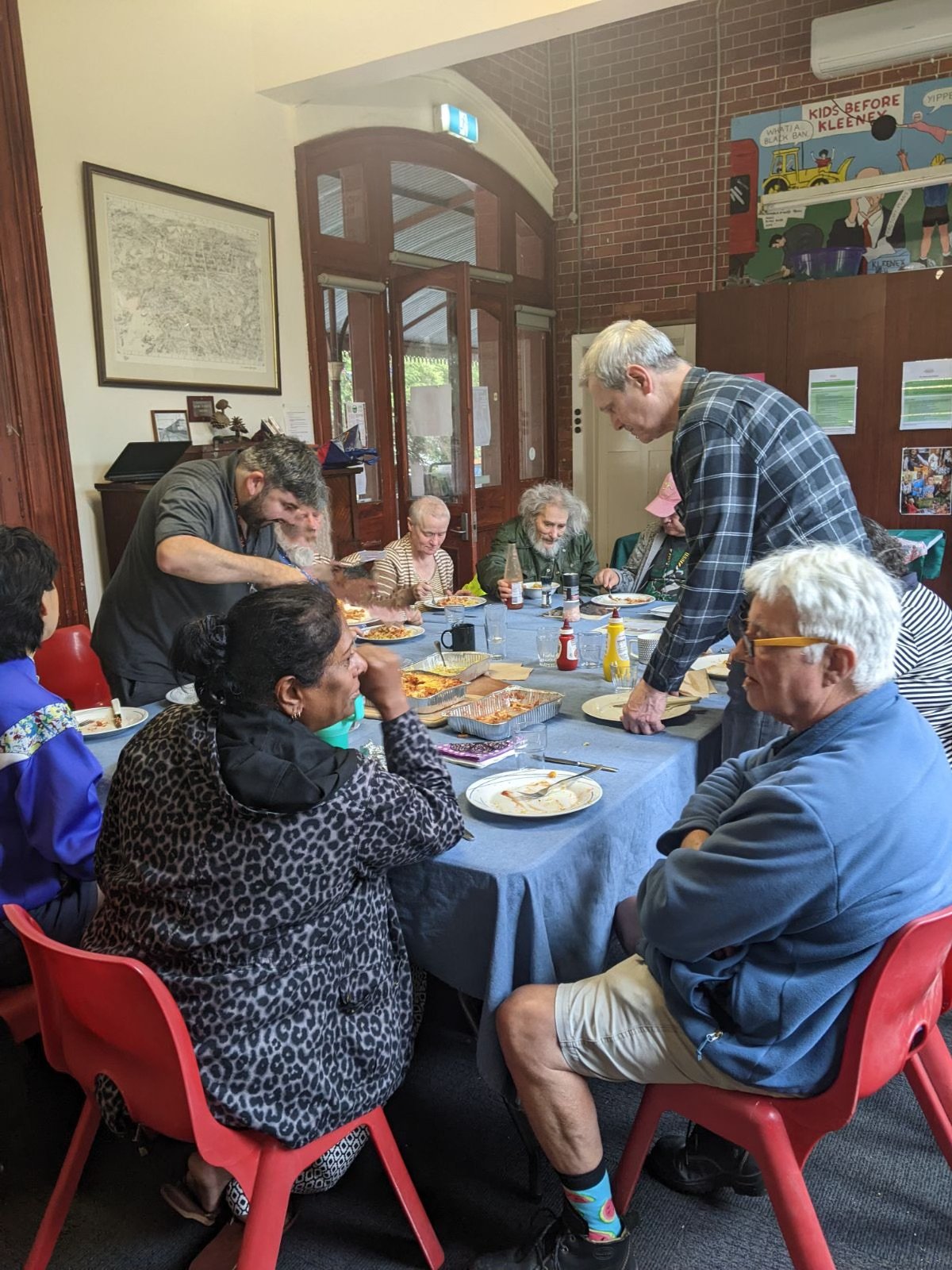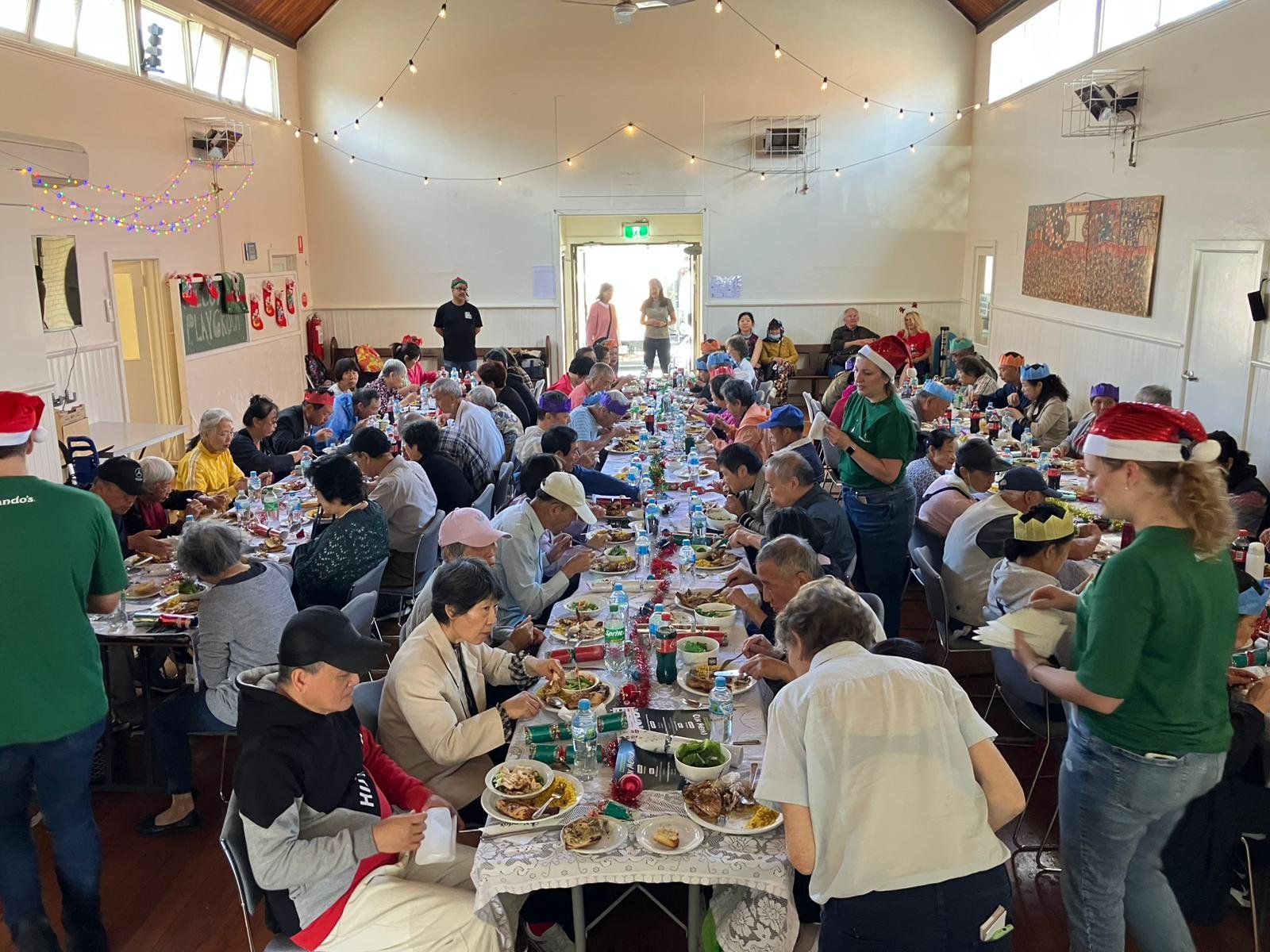At Alex Makes Meals, the meals are only a fraction of the story
The food-insecurity sector’s favourite headline metric is “number of meals delivered.” At AMM, we deliver about 3,500 meals per week. Over the past five years, we’ve proudly put just over 1,000,000 meals into the hands of hungry Victorians.
But “number of meals” is too simplistic to tell the full story. It raises immediate questions about what counts as a meal: is 150 g of fresh produce enough, or does it need to be a fully prepped and packaged lunch? And what about the setting in which the meal’s eaten? Effective food relief needs to account not only for the direct nourishment we provide but also for the context in which people consume it.
Vulnerable people need good nutrition more than anyone. If you only eat once or twice a day, the impact of a poor diet is magnified—and the healthiest foods tend to be the most expensive. Without proper kitchen facilities at home, options for a balanced diet can be slim to none. If one of our clients tried to replicate the nutritional value of our meals at home, they’d spend about $10—and if they bought it ready-made, it could cost more than twice that.
Yet numbers alone never tell the full story. Behind each plate is a person whose day can be transformed by a single, nourishing meal. Good food restores dignity, eases anxiety and creates a sense of normalcy in lives that are often anything but. It can power a child through school, help someone maintain strength, and give a parent the energy to look after their family. Many of our clients plan their day around our meals—not out of dependence but because our service anchors their routine and reminds them they’re seen.
The other part of the picture has little to do with the food itself and everything to do with where and how it’s shared. Recently, AMM wrapped up a 12-month pilot project funded by the Aged Persons Welfare Foundation. Rather than handing out take-home packs, we partnered with a dozen frontline community organisations to serve these meals as shared dinners: long tables, ceramic plates and all.
When people gather around a table like that, a simple meal becomes the catalyst for social connection. Strangers laugh, swap stories and discover common ground. Each dinner sends a clear message: you belong here. In one neighbourhood, participants began bringing homemade desserts, joined a community garden project and shifted from passive recipients to valued contributors. The friendships formed often evolve into real-world support systems—a place to stay in crisis, a mentor for job training, a shoulder to lean on.
By handling every detail of food production and service, we free frontline agencies to focus on housing advice, mental-health counselling and employment support. A warm meal becomes an invitation to lasting change. That’s why simply counting meals misses the true impact of our work.


